

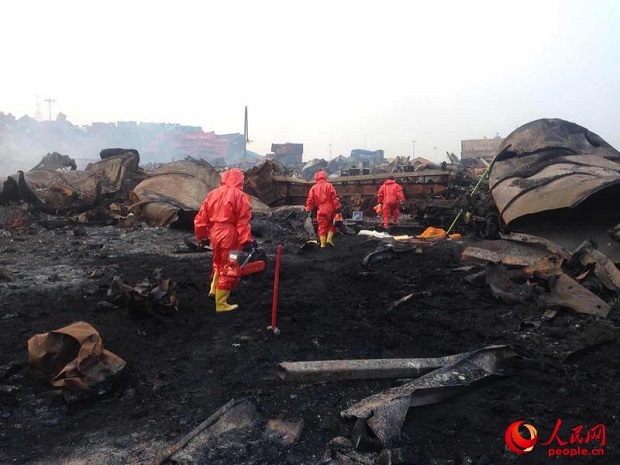 |
A nuclear biochemical emergency rescue team, mainly composed of anti-chemical corps from the Beijing Garrison, has been busy cleaning up the core areas of the Tianjin blast site over the past seven days.
The 15 members of the team, who entered the blast site on August 13, the second day after the massive explosions, have encountered huge challenges as they have had to work under difficult and even dangerous conditions, the People’s Daily Online learned.
Reporters from the media organization have joined the team to observe their operations and interviewed several of them over the past several days.
The team members have been stationed at Taida Institute, a site located midway between the two hotels where the latest two press conferences about the blast were held. Every day, these rescuers had to travel between the institute and major blast sites several times.
At the beginning of their rescuing efforts, these military personnel were mainly responsible for searching for finding victims, saving their lives as well as monitoring and testing chemicals at the sites hit by the explosions.
The team, divided into five groups of three, have begun categorizing and labeling the containers at the sites. All empty containers have been labeled as Category One, those holding non-chemical stuff such as tires and bearings marked as Category Two, and those with chemical materials put into Category Three. The process was designed to prepare themselves for handling hazardous chemicals in the next step of their operation. All these chemicals, such as metallic sodium, will have to be sealed in proper containers to ensure safety.
Apparently, the biggest challenge that the team has faced so far is the chemicals left at the explosion sites. Some of these chemicals will explode if they are mixed with water.
According to Chen Dengju, one of the team members, some white powders, such as metallic sodium, belong to this kind of dangerous chemicals, and explosions resulting from them are nothing new to him now as they have frequently happened during their operations. “Sometimes explosions happened just about 5 meters behind us, just looking like a fireball,” he said.
Wang ya, one of the group leaders, told reporters that team members could catch some inflammable chemicals on their shoes while doing tests on containers. When they walked into a puddle, the metallic sodium on their shoes would emit smoke. Fortunately, explosion would not happen until three to four seconds later, and that was why explosions happened several meters from behind, he said.
Despite all these risks, the team was confident that they would finished their tasks safely. “Although there are some dangers involved, we’ve undergone professional trainings, so we can basically ensure our own safety,” said wang.
 |
 In pics: album of PLA grand military parades
In pics: album of PLA grand military parades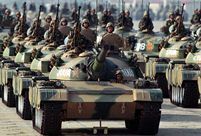 Chinese tanks in National Day Parade
Chinese tanks in National Day Parade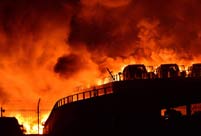 In pics: shocking aftermath of Tianjin blasts
In pics: shocking aftermath of Tianjin blasts
 Indomitable Chinese people during WWII
Indomitable Chinese people during WWII
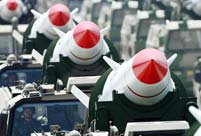 Awesome Chinese missiles
Awesome Chinese missiles Amazing photos of Chinese Air Force in parade
Amazing photos of Chinese Air Force in parade Chinese tanks in National Day Parade
Chinese tanks in National Day Parade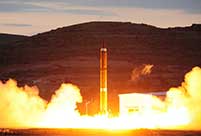 Striking moments when strategic missiles are launched
Striking moments when strategic missiles are launched Shocking scenes found in 4000-year-old earthquake relic
Shocking scenes found in 4000-year-old earthquake relic Tianjin explosion: Latest updates
Tianjin explosion: Latest updates US intrudes on China’s anti-graft drive
US intrudes on China’s anti-graft drive Bangkok explosion: Latest updates
Bangkok explosion: Latest updates Expats hope Chinese authorities make it easier for them to observe legal procedures
Expats hope Chinese authorities make it easier for them to observe legal proceduresDay|Week